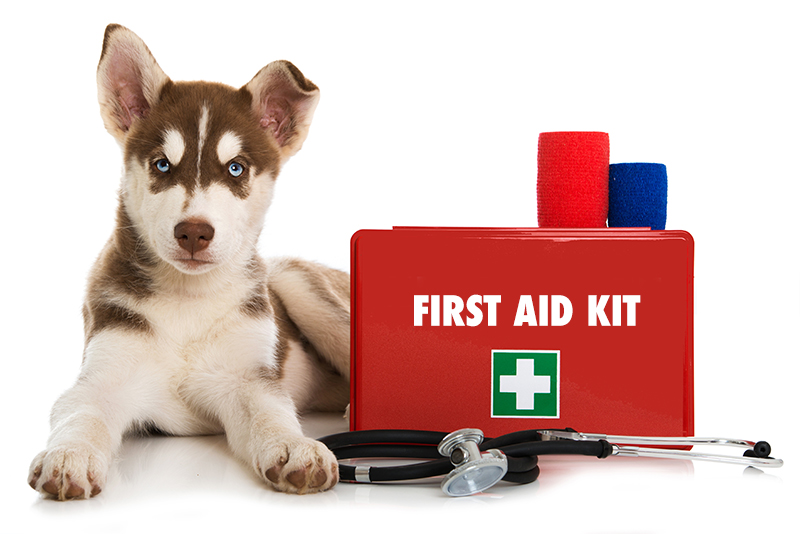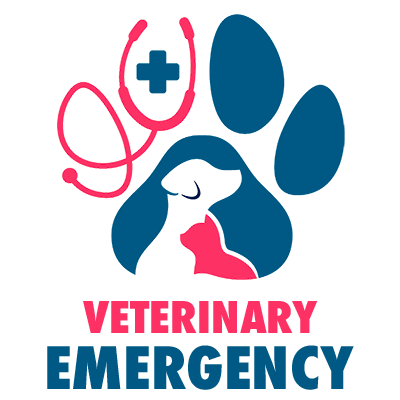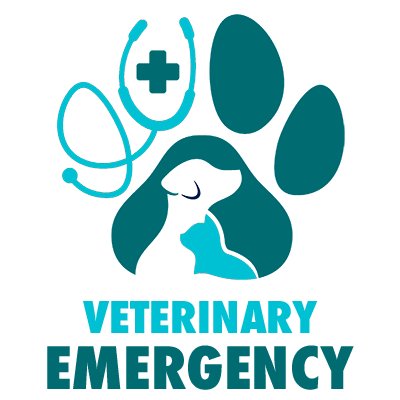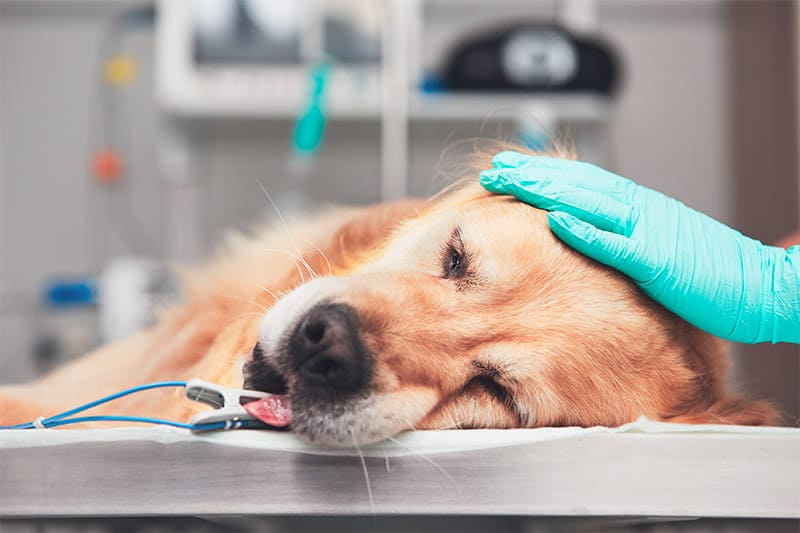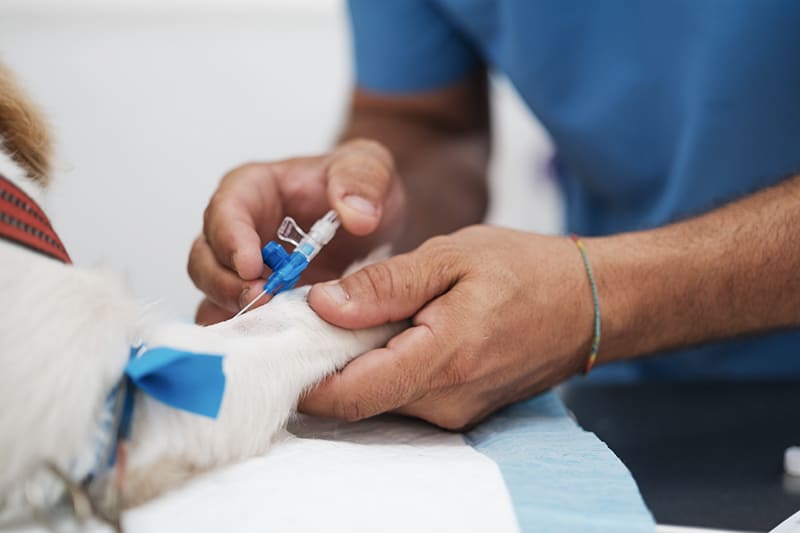
What should you put in your pet's first aid kit?
Ideally, your emergency kit should contain the equipment you need to manage wounds and sores, and a range of essential medicines so you can act quickly, without waiting for a vet's consultation.
Here's what your pet's first aid kit should contain:
- A general disinfectant, such as Bedaine Solution 10%®, to clean your pet's wounds
- An ear cleanser, to be instilled into the ear only on the advice of your vet
- Single-dose saline solution for cleaning the eyes and nostrils, very useful in cases of coryza in cats.
- A bandage kit, including several crepe strips, adhesive strips and woven compresses, sterile if possible, very useful for managing wounds and injuries
- Gastric and intestinal plasters to treat vomiting and diarrhoea respectively (for use in cases of typhus in cats, for example)
- A rectal thermometer to measure body temperature accurately
- A set of small items such as scissors and tweezers.
- A tick hook for safely removing parasites
If your pet has a significant medical history, you can add to the kit the medicines appropriate for its condition, such as diuretics for dogs with heart disease.
When and how to use your pet's first aid kit?

In the event of injury
How you manage a wound depends, of course, on how serious it is, and therefore on its size, depth, location and the extent of bleeding.
Nevertheless, even if you will certainly have to contact the vet urgently, you can take action.
In the event of bleeding, use sterile woven compresses and apply pressure to the bleeding wound.
If the bleeding is not too severe, you can use a disinfectant-impregnated compress to clean the wound.

In case of intense fatigue
Does your pet seem very tired, downhearted or lethargic? He may be ill.
Often, the presence of a fever is the cause of the droopiness. You can start by taking your pet's temperature.
Normal body temperature for dogs and cats is between 100°F and 102°F.
The situation becomes a real veterinary emergency when the temperature rises above 104°F or falls below 99°F.

In the event of digestive problems
In our services in London and Manchester, vomiting and diarrhoea are frequent reasons for emergency consultations.
Although these symptoms very often require veterinary intervention, you can start to manage them at home, with your digestive plaster casts.
So that you don't have to search for the right dose to administer on the big day, we recommend that you ask your vet about the right dosage for your pet.

Beware of self-medicating your pet
Self-medication is a frequent cause of visits to veterinary emergency departments.
Beware: the vast majority of human medicines are not suitable for your pet. Never administer a tablet or sachet without your vet's authorisation. If your usual vet is not available, contact us on 033 0027 0670.
If you have any medicines in your pet's pharmacy, make sure that the expiry date has not been reached or passed.
If your pet has received treatment for a previous illness, do not give the previously prescribed treatment, even if the symptoms are identical.
Several radically different diseases can have similar or identical clinical signs!
If in doubt, remember to contact your vet. If you are unavailable, our emergency switchboard is available 7 days a week. We'll be happy to help!
What to do in an emergency in London

During normal opening hours, call your vet
If your emergency occurs during a veterinary clinic's normal opening hours, contact your usual veterinarian directly. He or she will take care of your pet, especially if the situation is urgent.
If he is not available, you will be referred to a suitable service in London.

Call our on-call vet
Do you have a problem with your pet outside your vet's opening hours? Our teams are on hand to answer your questions and concerns, and give you initial advice.
We have been working exclusively in veterinary emergencies since 1982. We're here to help.
